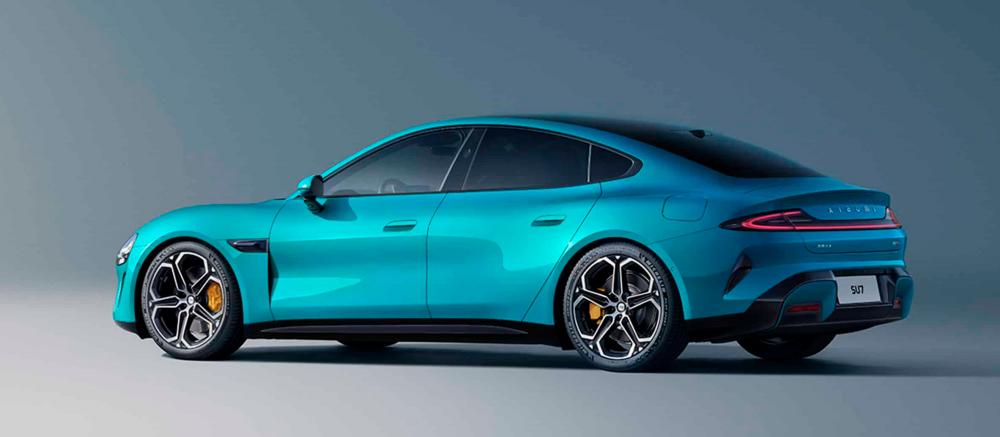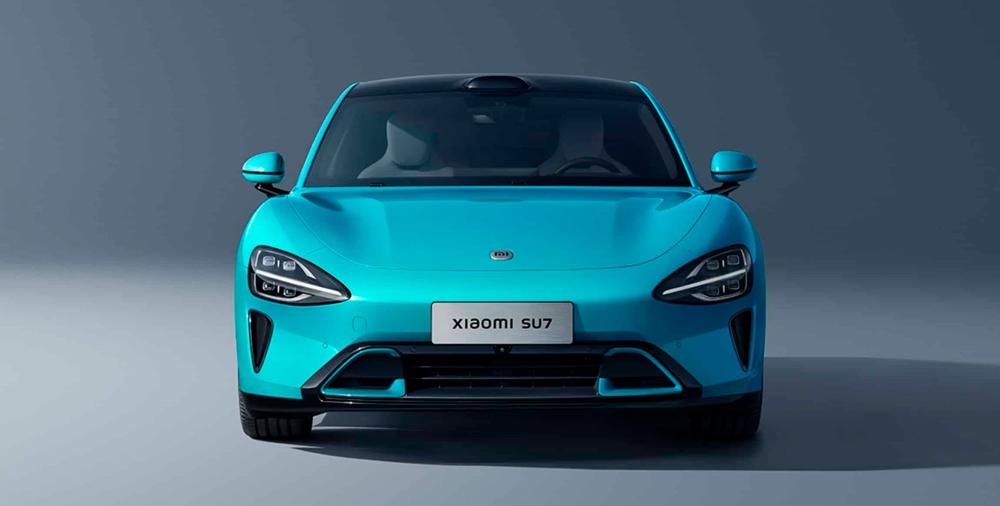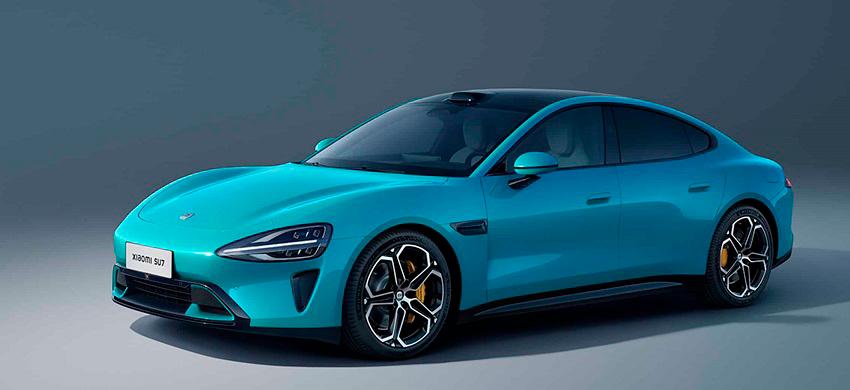XIAOMI CORPORATION, widely known for its smartphones and home appliances, made a surprising move into the electric vehicle (EV) market this year. This strategic pivot was largely triggered by sanctions imposed on the company by the Trump administration in early 2021. During an annual event in Beijing, Xiaomi CEO Lei Jun revealed that these sanctions were the catalyst for the company’s decision to diversify into the automotive industry.

The Sanctions and the Immediate Response
In the final days of the Trump administration, Xiaomi was placed on a U.S. sanction list, a decision that shocked the company. Lei recounted receiving a phone call from a friend about the sanctions, describing the news as “a bolt from the blue.” This unexpected development led to an emergency board meeting where the company quickly decided to embark on the complex journey of developing an electric car.
“If it weren’t for the huge impact of the unexpected U.S. sanctions, we would not have rashly entered the complex automotive industry,” Lei explained. This pivotal moment pushed Xiaomi to explore new avenues, resulting in its foray into the competitive EV market.
Development and Launch of the SU7 EV
Xiaomi’s response to the sanctions was the launch of the SU7, a sporty EV resembling a Porsche, with a starting price below $30,000. The company’s initial reluctance turned into a determined effort to establish a foothold in the automotive sector. Lei noted that the sanctions, which posed a threat to Xiaomi’s smartphone business, ultimately drove the company’s diversification strategy.
Despite the sanctions being reversed in May 2021 after a successful court challenge, Xiaomi had already committed to the development of the SU7. Lei disclosed that Xiaomi had declined venture capital funding, which would have valued the EV operation at $10 billion, choosing instead to pursue its own path.

Sales Targets and Market Ambitions
Xiaomi set an ambitious target to deliver at least 100,000 SU7 EVs in its first year, with a goal of reaching 120,000 sales. By June, the company had delivered over 25,000 EVs and aimed to meet its target by November. Lei expressed gratitude for the sanctions, which he believes accelerated Xiaomi’s diversification into the EV market.
Currently, the SU7 is only available in China. However, Lei has grand ambitions for Xiaomi, aiming to position the company among the top five global automakers. This goal underscores Xiaomi’s commitment to becoming a significant player in the global automotive industry.
Political Context and Future Implications
Former President Donald Trump, in his speech accepting the Republican party’s nomination, addressed the EV industry, indicating plans to roll back stringent vehicle emissions regulations if re-elected. He also proposed imposing up to 200% import tariffs on Chinese EVs built in Mexico, while expressing support for Chinese investment in U.S. plants. These political developments could have significant implications for the global EV market and companies like Xiaomi.
Xiaomi’s unexpected entry into the EV market, driven by U.S. sanctions, highlights the dynamic nature of global business strategies and the impact of geopolitical actions. The company’s rapid development and ambitious sales targets for the SU7 EV demonstrate its resilience and adaptability. As Xiaomi aims to become a top global automaker, its journey underscores the potential for innovation and growth in response to external challenges.









